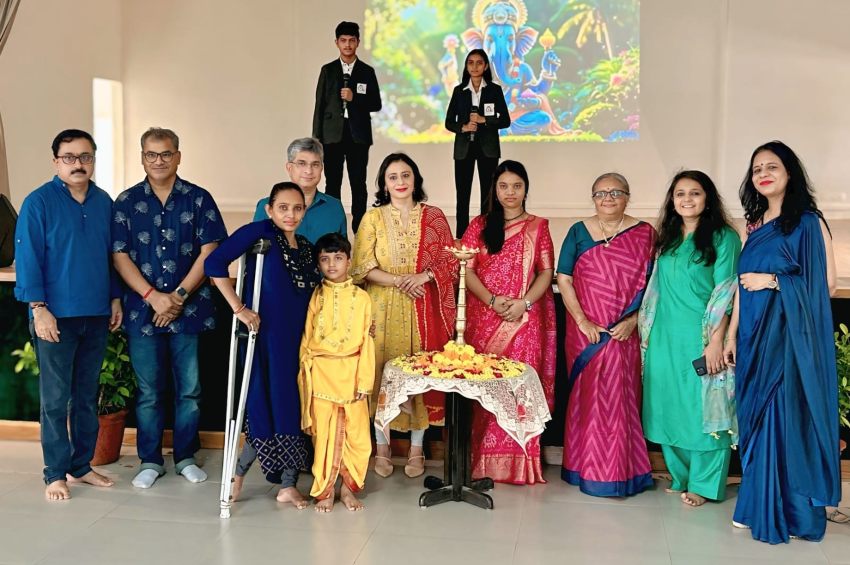Actor-politician Kamal Haasan recently made a strong statement at a public event, calling education the only weapon powerful enough to break the chains of dictatorship and outdated beliefs like Sanatan ideologies. His remarks came while he was speaking on the controversial NEET exam and its impact on students from marginalised communities. He said that real freedom comes from knowledge, and education is the tool that empowers individuals to question authority and resist regressive systems.
I chose to write about this topic because Kamal Haasan’s words highlight a much deeper issue that often gets ignored in our day-to-day political discussions. It’s not just about exams or policies—it’s about how education can shape a society that thinks for itself and doesn’t blindly follow power structures. At a time when debates around caste, religion, and centralised control in education are intensifying, his message forces us to rethink what kind of system we are building for the next generation. Whether you agree with him or not, it’s a discussion we can’t afford to ignore.
Kamal Haasan’s Views on Education and NEET
Kamal Haasan criticised the National Eligibility cum Entrance Test (NEET), claiming that it disproportionately affects rural and economically backward students in Tamil Nadu. According to him, a centralised exam like NEET favours students who can afford expensive coaching classes and private schooling, leaving out those from underprivileged backgrounds.
He argued that education should be accessible, inclusive, and localised. His concern is not just with NEET as an exam but what it represents—a system that ignores diversity and imposes one-size-fits-all standards across a vast country like India.
Why He Brought Up Sanatan and Dictatorship
Kamal Haasan also mentioned Sanatan ideas, referring to rigid caste-based hierarchies that still exist in parts of Indian society. By connecting education with resistance against Sanatan ideology, he stressed how education gives individuals the tools to challenge inequality and injustice.
He compared systems like caste-based discrimination and dictatorship—both thrive when people are kept in the dark, uneducated and obedient. In his words, “education is not just about getting jobs, it’s about creating individuals who can question, who can change society.”
The Bigger Picture: Why His Words Matter
This statement isn’t just a one-time headline. It taps into a bigger debate about:
- Who controls education policy?
- Is education becoming a tool for social mobility or social control?
- How do exams like NEET affect equality in education access?
- Can education actually dismantle age-old power structures like caste or authoritarian rule?
These are questions every Indian parent, student, teacher, and policymaker needs to ask. Kamal Haasan’s opinion may sound political to some, but at its core, it’s about protecting the democratic and inclusive spirit of education.
What Should Change According to Him?
Kamal Haasan and many others believe:
- Entrance exams like NEET should be optional or region-specific
- Education should include more local languages and contexts
- Curriculum must encourage questioning, not just memorising
- Policy decisions must be made with real consultation from the states
This vision aligns with the broader goal of turning education into a tool for empowerment, not just filtering students based on privilege.











